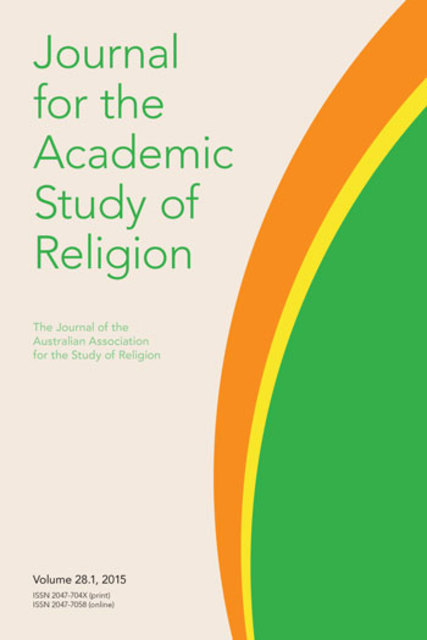Orientalism in Outer-space: The Ascendancy of Sanskrit Mantras in Hollywood Science Fiction Films and Soundtracks

Full description
The dawn of the twenty-first century saw the growing appearance of Sanskrit mantras in popular Hollywood science fiction films suggesting a resurgent interest in Indian spirituality. This paper will argue that Hollywood’s recent use of “SF Sanskrit” tends to evoke a sense of militancy and war rather than tranquillity and peace, which has resounding Orientalist connotations. Nevertheless, it will be shown that the correlation between mantras and warfare actually has historical precursors within the Hindu tradition. To advance this thesis, two case studies will be examined: (1) The Matrix Revolutions and (2) Star Wars Episode I - The Phantom Menace. It will be shown that each of these films presents mantras in the context of epic battles. Such positioning of Sanskrit in belligerent contexts, however, raises interesting questions about evolving Orientalist stereotypes in popular culture: Why is Sanskrit associated with war in the science fiction industry? Is Hollywood’s appropriation of Hindu mantras a new “fad” to market SF in “exotic” Indian packaging or an effort to “spiritualise” the SF genre? What does Hollywood’s use of Sanskrit tell us about current views of religion in modern film, and about shifting views of the ‘Orient’ in popular culture?
- typeImage
- created on
- file formatjpeg
- file size24 KB
- container titleJournal for the Academic Study of Religion
- creatorScott Daniel Dunbar
- issn1744-9014 (online)
- issue21.3
- publisherEquinox Publishing Ltd.
- publisher placeSheffield, United Kingdom
- rightsEquinox Publishing Ltd.
- volume
- doi
We use cookies to analyze our traffic. Please decide if you are willing to accept cookies from our website. You can change this setting anytime in Privacy Settings.
